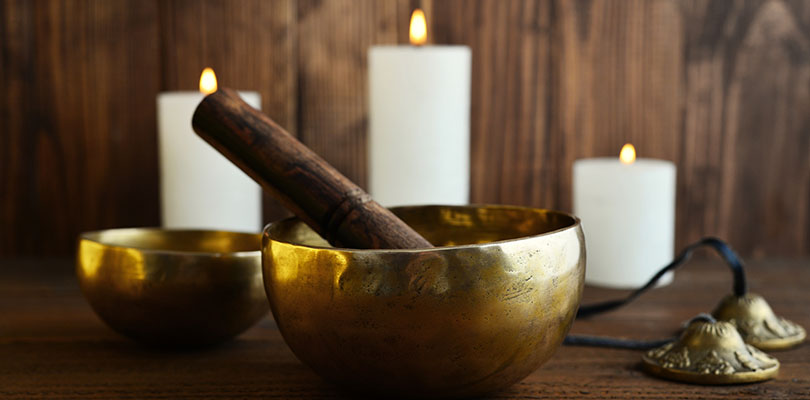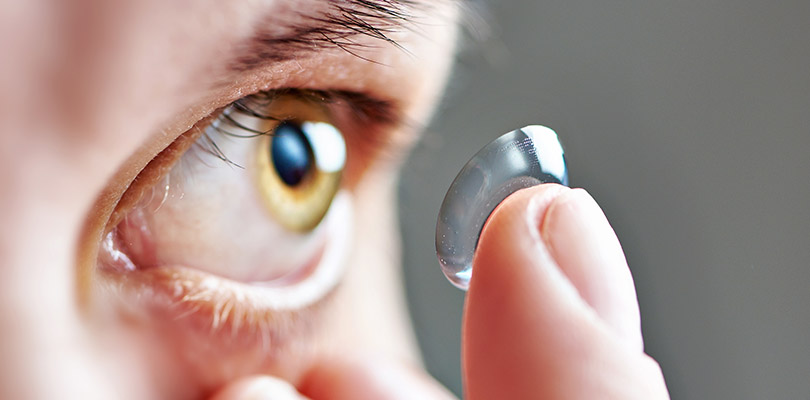Meditation Tools You Should Have
Meditation is a mindful state of being that allows individuals to reconnect and find a sense of internal peace. It’s a natural process that takes time and practice to perfect. Meditation is not sleeping. In fact, it is a very present experience that allows people to remain aware of their surroundings.
You may be surprised to learn that it takes an effort to get into a true state of meditation. It’s not very easy to go from a stressful, busy day to a sense of total peace.
Successful meditation can help people reduce stress, sleep better, be more aware of themselves and their environment, plus improve your immune system and increase focus.
Meditation is not always an easy process for everybody to catch on to since we live in a world filled with noise and chatter. However, there are a variety of meditation tools that can help you have a much more fulfilling experience.
8 Meditation Tools to Help You Meditate
Aside from breathing, meditation tools are used to lead you to a state of self-realization through sound, smell, light and visual symbols.
If you're a beginner to meditation, you may commonly experience difficulty when trying to keep your attention clear and focused on one object during meditation.
To train yourself, you need to make sure you're sitting comfortably on the meditation cushion, and then try to narrow your field of concentration inward, leaving your personal cares behind.
A Meditation Cushion
Comfort is key when it comes to successful meditation. Zafus are traditional yoga meditation cushions. They are useful for maintaining correct yoga postures, for extra padding under your knees and feet, and for keeping you comfortable during meditation.
Books on Meditation
If you are new to meditation, it’s important to research before starting the process.
You should learn as much as you can about what meditation can offer and how you can set yourself up for the best opportunity to learn this amazing process.
While the actual practice is certainly important, it is also necessary to learn about what meditation truly is.
Sacred Statues
Sacred statues are an important aspect of meditation. Some of the most common statues that people include in their meditation process are:
- Buddha
- Shiva Nataraj
- Zabuton
- Ganesh
- Lakshmi
Each of these statues serves as a reminder of what a person is trying to achieve on a personal and spiritual level. Plus, they are all central parts of the meditation history and offer teachings that can help new students understand the process more completely.
The energy that each of these statues possesses allows people to get in the right state of mind to begin successfully meditating.
Healing Stones
If you want to deepen your meditation experience, then you should always include healing stones in your practice. Some of the most common healing stones include:
- Quartz crystals: This type of stone brings clarity of mind and increases your focus.
- Selenite: This stone works to relax not only your mind but your body as well.
- Palm stones: These are the stones that fit perfectly in the palm of your hand that helps free your mind from outside influences.
Which type of contact lenses are the best for dry eyes? Read on to find the best types of contact lenses for dry eyes and other eyecare tips here.
Meditation CDs
Meditation CDs are an ideal way to calm the noise in your mind and focus on the task at hand and the appropriate music can help you achieve that.
Each CD will achieve a different purpose, for example, some meditation CDs are meant to calm the emotions and accelerate healing; while others are meant to increase your energy and clarify your mind.
However, in pure meditation, your mind should float naturally without the use of any aids. Once you are able to achieve this feeling, you will be able to meditate without the help of your meditation CD.
Tibetan Singing Bowls
Tibetan singing bowls do more than just make music! In fact, they have been scientifically proven to change the wave patterns of the brain. Using Tibetan singing bowls can help you channel your thoughts and commit to meditating without any outside influences.
Aromatherapy
Aromatherapy can provide a rejuvenating, calming and uplifting influence to your meditation (and yoga postures), and help direct your focus inward, towards the sacred aspects of life.
Common ways to include fragrance in meditation are through:
- Essential oils. The most popular essential oil scent is lavender, followed closely by jasmine, peppermint, chamomile, rosemary, ylang-ylang and tea tree. Most oils impart relaxing properties that can calm you down and enhance sleep. As a result, you should avoid using these oils when driving or when alertness is required.
- Incense. Incense comes in hundreds of scents, the most common are lavender, jasmine, rose, lemongrass, cinnamon, sandalwood, green apple, strawberry, and vanilla. Lavender and jasmine are recommended for being the best for calming the mind and relieving stress. However, each individual scent has an exclusive mindset. Choosing the fragrance that has a pleasing and peaceful effect on you will energize and brighten your life.
- Candles. Meditation candles come in a variety of sizes and shapes - including tea light candles, pillar candles, and beeswax candles. No matter what the candle is made from, the scent or the burning hours, candles are always inexpensive and affordable. Aside from being used during yoga practice, you can light candles on daily basis to decorate your home.
Tingshaws
Tingshaws are used in the West for meditation and healing work as their sound is perceived as sacred and is considered to draw in positive energy.
Tingshaws come in matched pairs. Each cymbal is made from the alloy of five to seven different metals and held together by a leather cord. By holding the cord and striking them gently, tingshaws will produce a pure, vivid, brilliant tone for up to 30-seconds.
The sound of tingshaw has often been compared to a sacred summons; although it's also said to soothe the nerves. The richness of the sound and the vibrancy of the natural modulations are impressive.
Similar to singing bowls, the tingshaw is a ceremonial artifact used specifically by monks or Buddhists. In addition to praying, singing, chanting and religious celebration, tingshaw bells are used to represent the beginning and the end of a meditation session or a focusing of the mind.
Timer
It may seem counterproductive to set a timer for your meditation, but it is very helpful. It allows you to build up to a more advanced time and can also serve as a reminder to complete a meditation each day.
There are several apps available that allow you to choose timers that are designed explicitly for meditators.
The Takeaway
Meditation is a fulfilling practice that allows people to connect on a deeper level with their true selves. Because we live in a busy, chaotic world, meditation offers the opportunity to reset and reconnect with our bodies and minds.
Selecting the appropriate tools or the process will help beginners find their groove and seasoned meditators to continue their practice with the best results.







